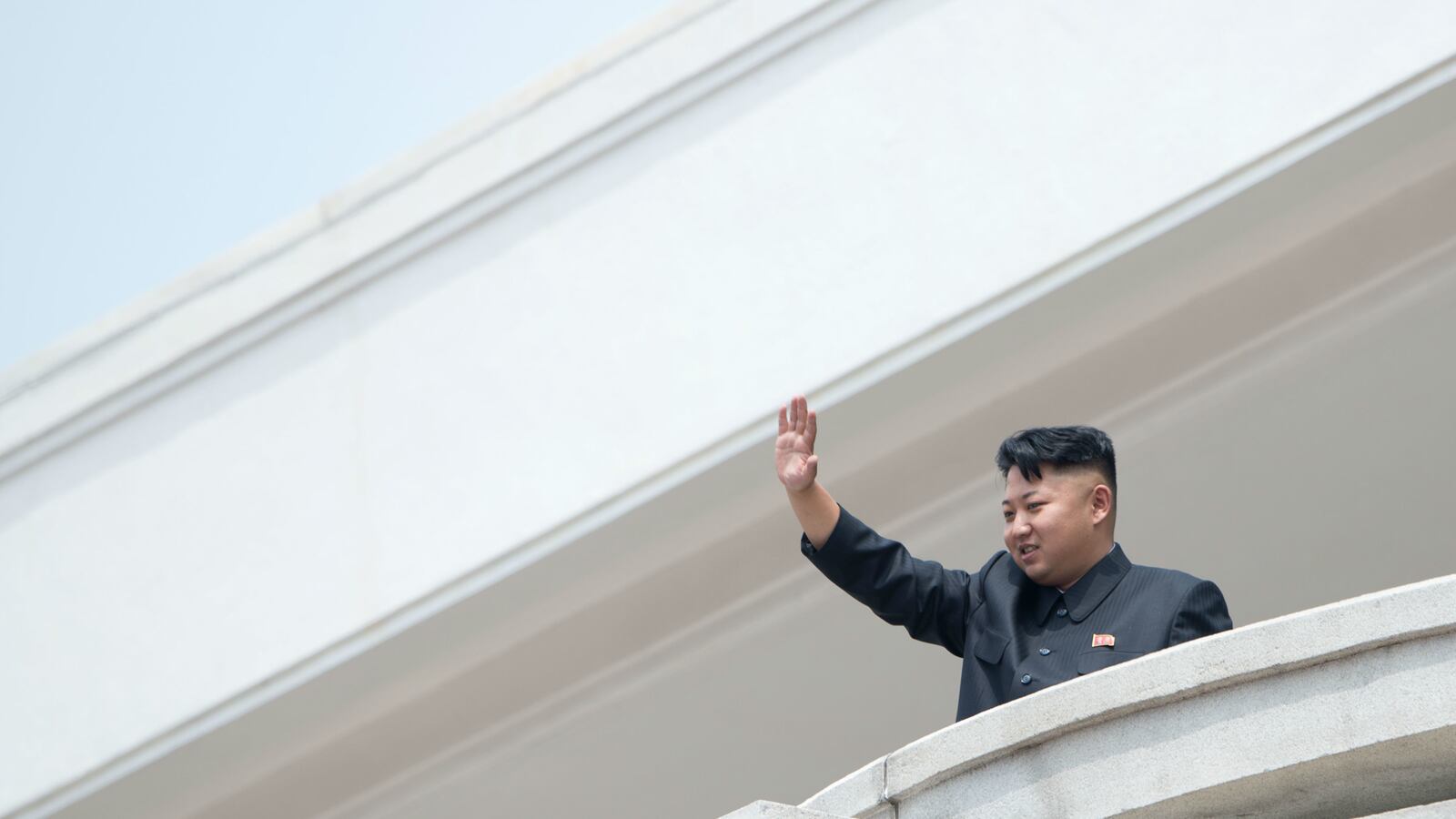Seoul announced on Monday that a North Korean senior colonel had defected to South Korea. The defector, an intelligence officer with the notorious Reconnaissance General Bureau, arrived sometime last year and has been called the highest ranking military officer to flee to the South since the Korean War armistice of 1953.
Also on Monday, Seoul’s semi-official Yonhap News Agency reported that a North Korean diplomat stationed in Africa defected to South Korea last May along with family members.
Seoul will undoubtedly pick up valuable information from the colonel, who was involved in espionage against the South, as well as from the diplomat, but more significant still was the mass defection of 13 workers, announced by the South Korean Unification Ministry on Friday.
After all, individual defections from the Democratic People’s Republic of Korea are common. Mass defections, however, are not. Last year, about 1,280 North Koreans switched sides. The last mass defection, however, occurred in 2011.
Seoul last week said that the 13 North Koreans—one male and 12 females—defected en masse. They had, a spokesman said, arrived the previous day from an unnamed foreign country.
The arrival of so many North Koreans is stunning. First, they had all worked at the same location, and this fact indicates a breakdown in Pyongyang’s overlapping system of controls on its workers. Moreover, the defections hint at the effectiveness of the UN sanctions imposed at the beginning of last month. And, most strikingly, Beijing did not stop the North Koreans from escaping.
The defectors had all worked in one of the 100 or so restaurants Pyongyang operates in China, this one in the eastern port city of Ningbo, just south of Shanghai.
The North has opened about 130 eateries in China and a couple dozen other countries. The establishments are money spinners for the regime, producing about $10 million annually in cash, according to a recent estimate.
A Unification Ministry official said the workers defected because they “crave freedom and life in the South,” and that must have been true in part, but there were surely other factors at work.
For instance, the South Korean government hinted, in Yonhap’s words, that “defectors were fearful that they would be punished if they were unable to send back money to North Korea.” The concern is real. “The latest defections are probably related to this kind of pressure felt by the workers,” a source told the Chosun Ilbo, South Korea’s most popular news source.
The new UN sanctions look like they already have had some effect. Some restaurants have been forced to close due to a recent drop in business, and there are indications that now about half of them are not breaking even. Another reason: the South Korean government has been urging its citizens, a main source of revenue, to stay away.
Why did Pyongyang exert so much pressure on the workers to turn a profit? It’s not exclusively about the economy. North Korea has been growing at about 1 percent a year since 2012, at least according to the Bank of Korea, the South’s central bank and the authoritative source on North Korea economic statistics. That, by historical standards for the North Korean state, is good.
The reason looks to be political. Kim Jong Un, the young ruler, has been pushing farmers and workers hard in recent days in preparation for yet another of his family’s propaganda extravaganzas. To make a splash, he has mobilized the entire country for a congress of the ruling Korean Workers’ Party to be held next month, the first such gathering since 1980.
In the run-up to the event, Kim has organized North Koreans for a “70-day struggle” of accelerated production. During this newest “loyalty campaign,” there is said to be no start or end to work, with people forced to produce continuously. In this heated atmosphere, it is easy to see how supervisors or minders could have exerted too much pressure on the defecting restaurant workers.
What has to be of special concern to Chairman Kim, however, is that Beijing did not stop the defections. The workers did not smuggle themselves out of China, as many had done in the past. On the contrary, they openly left the People’s Republic with their passports, traveling to Thailand before arriving in South Korea.
Pyongyang reportedly complained that China let them depart, and, surprisingly, Beijing dismissed the concerns of its only treaty ally. “We don’t have responsibility, and anyone who has a legal passport can go anywhere they want,” a Chinese official said, according to Korea JoongAng Daily, a Seoul newspaper.
In the past, Pyongyang could count on Beijing to do almost anything to capture defectors and hand them over to North Korean border guards. This time, however, Chinese customs officials just waved the fleeing workers across the Thai border, a clear indication China was sending an unfriendly message to the Kim regime.
And there is another wrinkle. Offshore restaurant workers generally come from the higher classes and are chosen for their loyalty, so the mass defection from the Ningbo restaurant must now be having a psychological impact on regime elements back home.
Perhaps more escapes are on the way. Seoul expects additional mass defections from the 50,000 to 100,000 North Koreans working outside the Democratic People’s Republic of Korea.
North Korea appears very far from regime collapse at the moment, but the defection of the senior colonel, the diplomat, and the Restaurant 13 are tremors that could foreshadow quakes to come.






